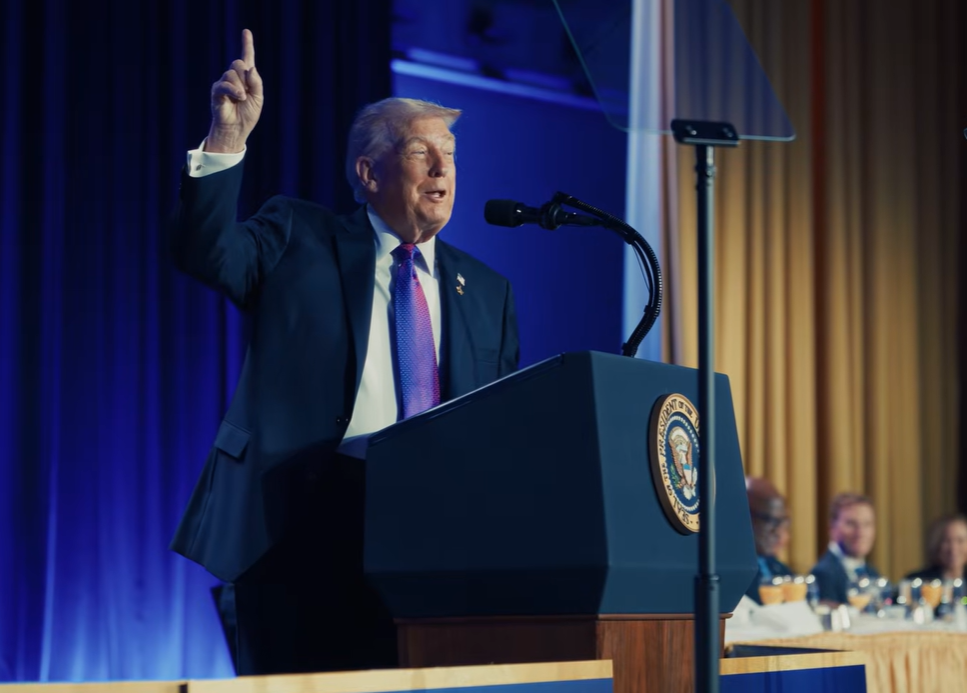Skeptics say there’s no such thing as a “temporary” tax.
Like the two-year property tax increase the Philadelphia City Council passed in 2010 that, lo and behold, is still with us.
Or another dreaded levy: the wage tax. It was passed in 1939 as a short-term fix for the city’s finances, but succeeding generations have nonetheless been forced to accept its bite in their paychecks.
The latest tax under consideration for immortality is the 1 percent sales-tax increase the state allowed Philadelphia to impose in 2009 as a bridge through the recession.
The increase — which raised the tax on most goods and services in Philadelphia from 7 percent to 8 percent — is slated to expire next June.
City and state leaders are now talking about making the increase permanent, with the extra money being put toward one or both of the city’s greatest needs: the struggling School District and the vastly underfunded public employee pension fund.
There could be an estimated $143 million to divvy up in the first year alone.
The possibility has gained traction as a long-term school-funding source amid negotiations in Harrisburg to close the Philadelphia School District’s current $304 million funding shortfall.
State legislators are required by law to pass a budget by midnight Sunday. It’s unclear whether they’ll be able to take the “temporary” tag off the extra 1 percent before recessing.
Even if they don’t reach an agreement, lawmakers still have 12 months before the increase expires to do so.
When the tax increase passed in 2009, the alternative was laying off 3,000 city workers and closing libraries, clinics, and recreation centers. The city got state permission to defer pension payments for two years and to increase the city sales tax from 1 percent to 2 percent for five years ending June 30, 2014.
Although the economy and the city’s finances have improved dramatically since then, the School District and the pension fund remain in desperate need of cash.
The pension fund has less than 50 percent of the reserve needed to pay all of its future liabilities. State legislature sources now indicate the sales tax is also being eyed to address the pension problem.
If there’s opposition to the idea of continuing the tax hike, it has been expressed quietly.
Joe Grace, director of public policy at the Greater Philadelphia Chamber of Commerce, said, “We have not seen any evidence that extending the 1 percent is going to have any negative impact on the local businesses.”
The chamber is also backing a $2-a-pack cigarette tax dedicated to the schools.
“Our belief is the School District needs resources,” Grace said. “We’re working, along with many others, to close the school-funding gap, really by any means necessary.”
But members of the nearly all-Democratic Philadelphia delegation have raised concerns about using the 1 percent to help fund the schools because it lets the state off the hook for its share of education funding.
Danilo Burgos, president of the Dominican Grocers Association, argued that giving sales-tax revenue to the schools was “a Band-Aid.” The state, which has control of the city’s schools, should be responsible for devising “a real solution for our schools.”
The sales tax “is hurting our neighborhoods on two fronts,” he said.
“We’re hurting them because we’re not funding our schools,” he said. “And we’re hurting them because the tax increase is passed on to consumers.”
When the tax passed, some merchants worried that the extra 1 percent would make the city even less competitive with the suburbs, which apply only the state’s 6 percent tax.
The city projects it will collect more than $272 million from the 2 percent sales tax in the coming fiscal year; the take would drop to $143 million when the extra 1 percent expires.
There is, however, no way to tell how the different tax rates have affected city businesses, said Robert Inman, a professor at the Wharton School of the University of Pennsylvania.
There has not been nearly enough time or variation in the rates to conduct a credible analysis, he said. Studies of similar situations generally have shown about a 3 percent reduction in sales when consumers can conveniently cross a border for better prices.
In Philadelphia, “the effect is not going to be zero,” Inman said. But any attempt to judge the impact of the extra sales tax also would be complicated by the recession, which likely depressed sales of most goods.
“There’s no way you could separate out the two,” Inman said. “I wouldn’t rely on an anecdotal answer . . .. It’s not credible.”
The biggest fear was that consumers would go outside the city to make major purchases.
The biggest consumer purchase most people make is a car. But Philadelphians can’t escape the extra tax by shopping outside the city — the sales-tax rate is based on where the car is registered.
“Anything that makes a purchase more expensive is concerning, especially when it’s a big-ticket item,” said Kevin Mazzucola, executive director of the Automobile Dealers Association of Greater Philadelphia.
He, too, said it was hard to tell what affect the sales tax has had. In any case, car sales in Philadelphia have been increasing with the improving economy.
“Everything,” he said, “is up.”
—————–
Copyright 2013 – The Philadelphia Inquirer
Thanks for reading CPA Practice Advisor!
Subscribe Already registered? Log In
Need more information? Read the FAQs
Tags: Sales Tax, State and Local Taxes, Taxes



